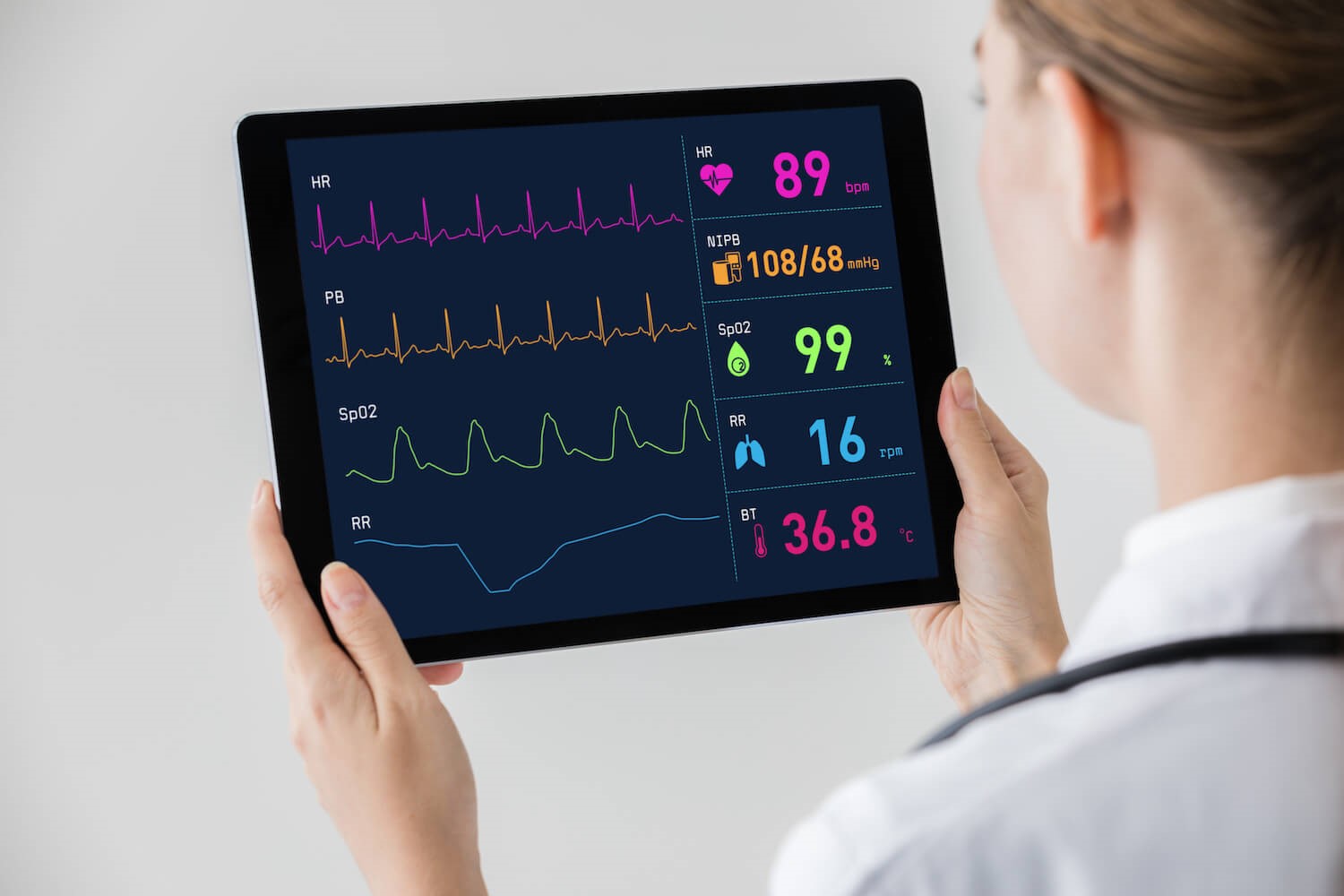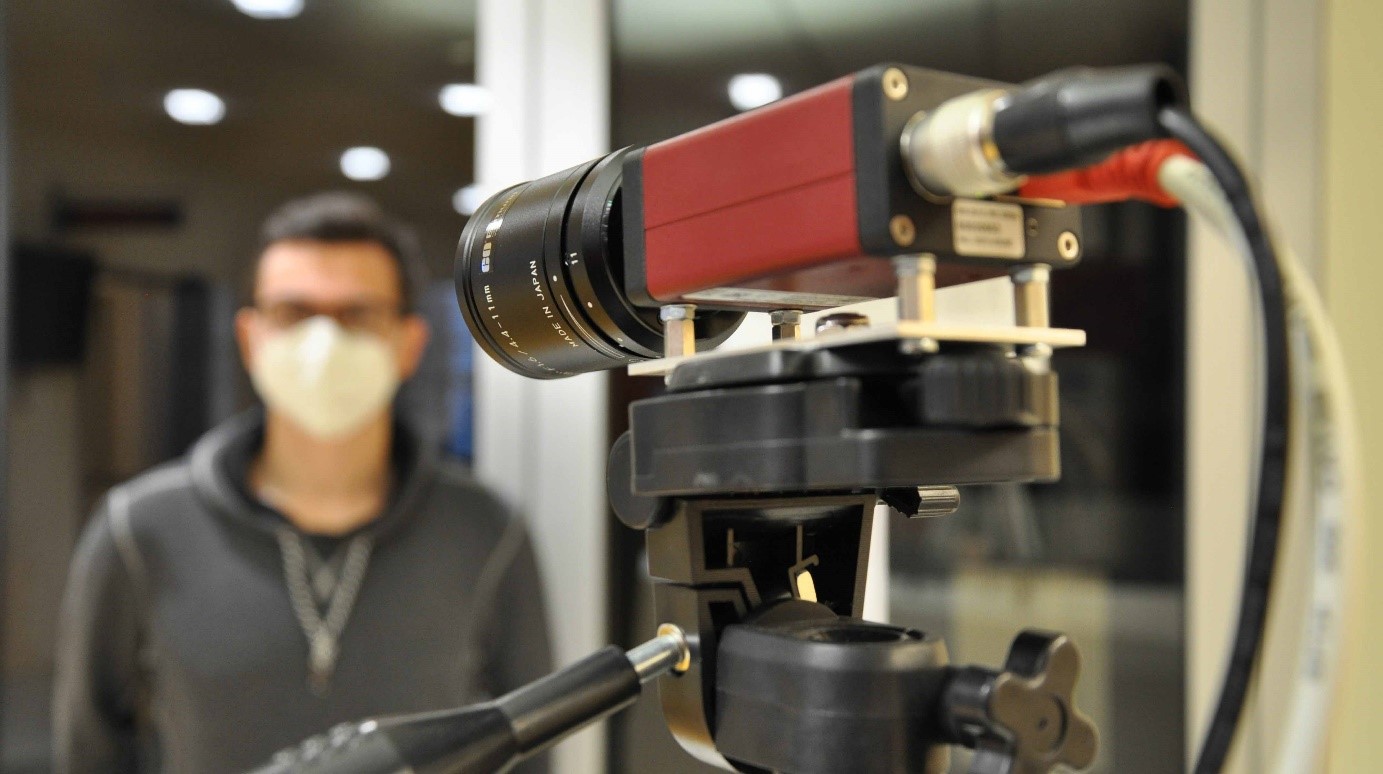Reduced risk of infection and relief for medical staff thanks to innovative contactless measurement technology


Hospital-acquired infections are one of the leading causes of morbidity and mortality [1-5]. This is a problem that cannot be neglected, especially in times of a global pandemic, as the risk will be further increased in the future by the spread of novel pathogens. To address this issue, scientists from the University of Duisburg-Essen, the Technical University of Ilmenau and the University Hospital Essen have launched the NEON project. The NEON project is funded by the German Research Foundation (DFG), with a duration of 3 years and a funding amount of 900,000 euros. The name NEON stands for "Acute and permanent monitoring of infectious patients using non-contact, multi-spectral, optical measurement systems".
The NEON project will create a compact, mobile measuring device that can record human vital signs, such as pulse, respiratory rate, body temperature and oxygen saturation, without contact. By determining the vital signs, medical personnel can quickly and reliably find out how patients are doing. With today's technology, vital signs must be measured by medical personnel directly on the body. This contact creates a risk of infection transmission for both patients and medical staff. With the elimination of this contact, the risk of infection transmission would decrease dramatically. In addition, there is the convenience for those being treated. The hardware and software being developed in NEON can make a decisive contribution here.
The vital parameters are first determined individually with the measuring device. The individually measured vital signs will then be combined and, together with other relevant health parameters such as age, gender and previous illnesses, will automatically determine the person's state of health. In the first steps, the procedure will be designed for the acute determination of a specific disease. In the further course of the project, it will be investigated how the data obtained can be used for long-term monitoring of the health status. Furthermore, it will be researched how the procedure can be transferred to other diseases using certain methods of artificial intelligence (transfer learning).
The project is supported by the Fraunhofer Institute for Microelectronic Circuits and Systems (IMS) through Prof. Dr. Karsten Seidl (Head of the Health Business Unit) and Dr. Christian Wiede (Head of the Embedded AI Group), especially with the competences in the field of non-invasive healthcare.